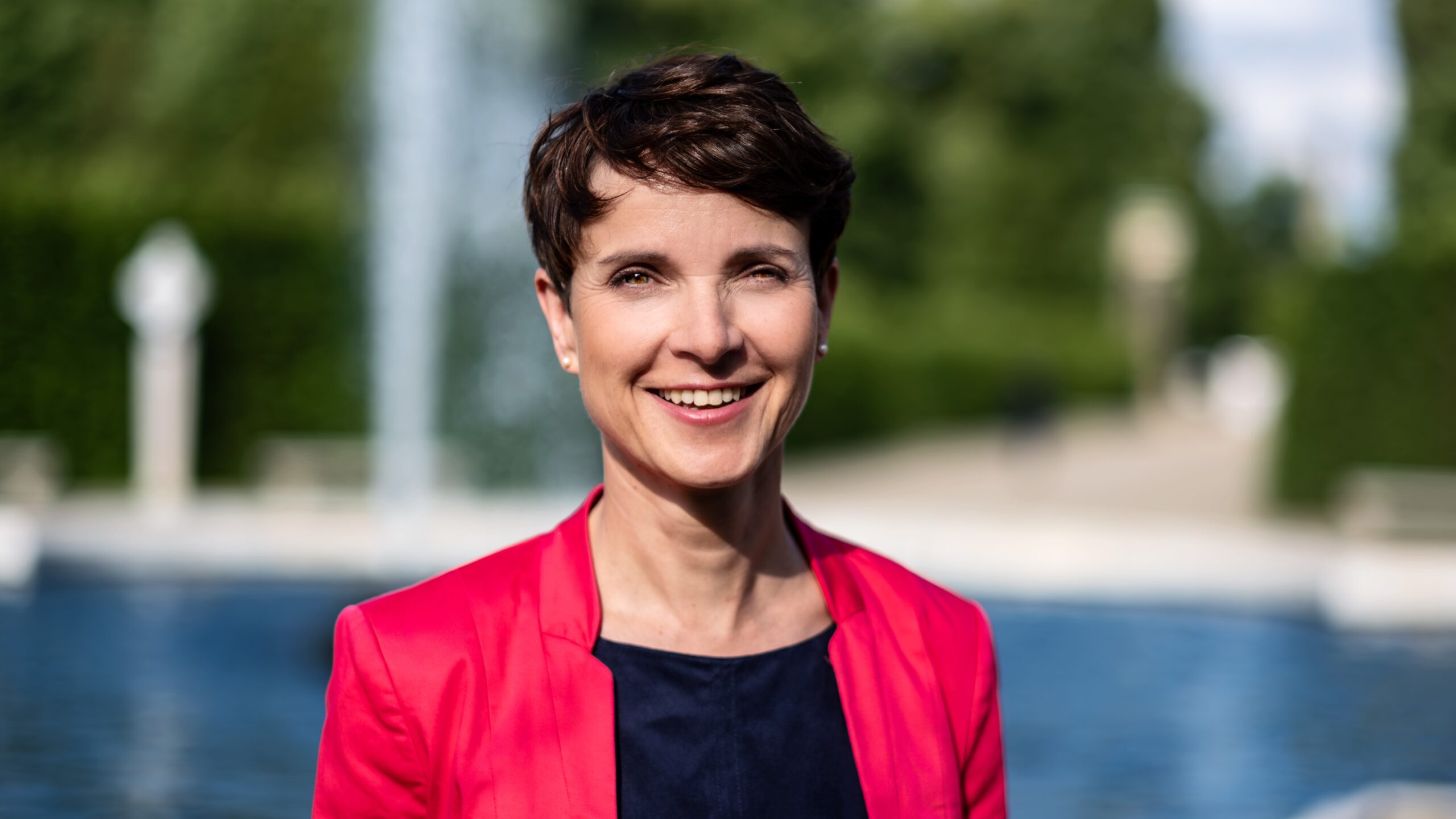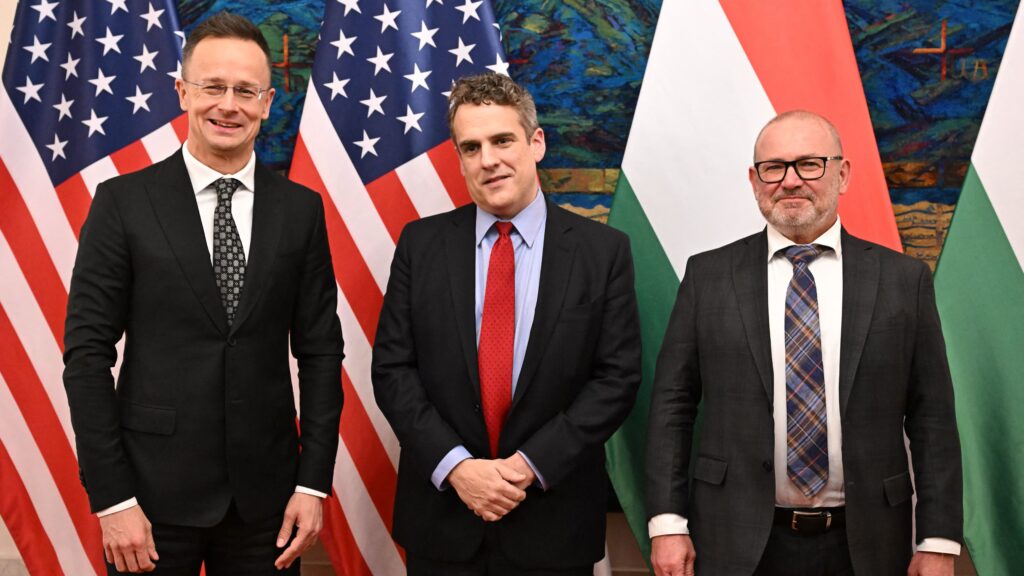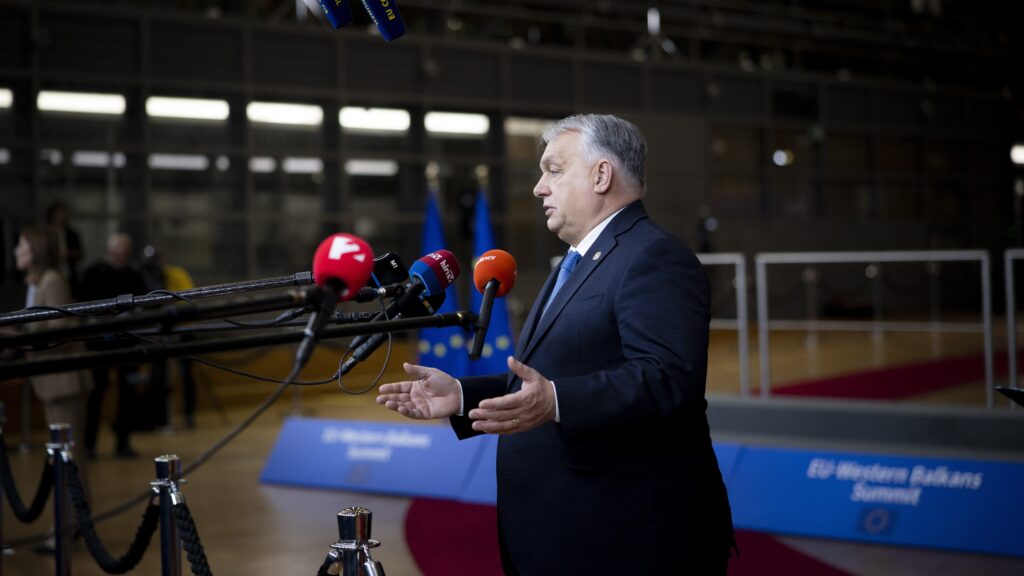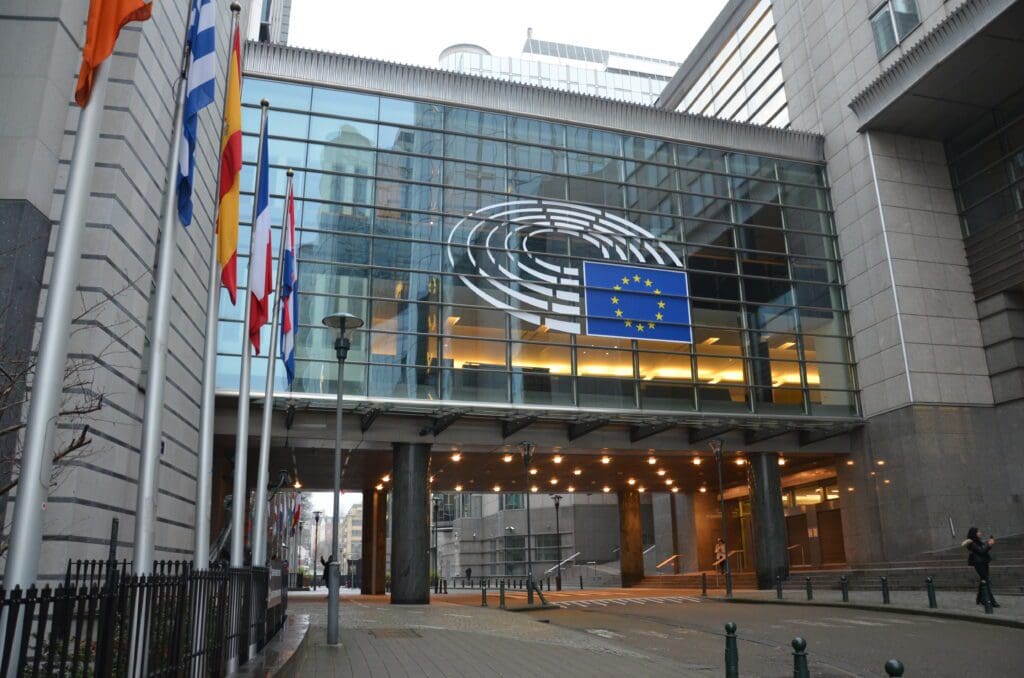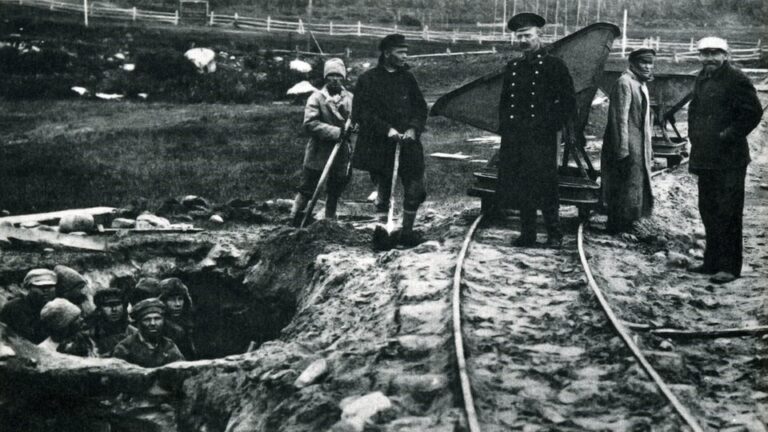Dr Frauke Petry is a notable figure in recent German politics, known for her unusual path from science and entrepreneurship into the political arena. Born in Dresden in 1975, she experienced firsthand the transformation of East Germany in the wake of reunification. After studying chemistry at the University of Reading (UK) and studies up to postdoctoral level at Göttingen university, she set up PURinvent GmbH in Leipzig, a company specializing in polyurethane technologies for tyre and specialized adhesive applications. Her innovative work earned her several entrepreneurial prizes, among them the Darboven Entrepreneur Prize in 2009 and the Federal Cross of Merit in 2012.
Her public profile grew significantly after co-founding the Alternative for Germany (AfD) in 2013 which she co-chaired with Bernd Lucke until, after an internal leadership contest, the latter left the party. Under her leadership, the AfD consolidated its position as a rising political force before internal divisions over the party’s direction prompted her departure in September 2017. She was member of the Saxon Landtag (2014–2019) and the German Bundestag (2017–2021), and returned to private economy thereafter. She is mother of six children aged 6–23 and married to Marcus Pretzell (lawyer and former politician). Her latest project Team Freiheit aims to fill the anti-etatistic gap based on free market and free speech principles. It will be eligible for election in March 2026 at the regional election in Baden–Württemberg.
***
Dr Petry, you have long warned that the Alternative for Germany (AfD) was drifting away from any serious engagement with its political principles—prioritizing agitation over substance, and opposition over order. Yet in 2025 the party has secured over ten million votes. Have German conservatives abandoned philosophical clarity in favour of electoral protest? Or is this simply the inevitable result of being left without a credible alternative within the existing party system?
In fact, the AfD has never been a conservative party, although a fair number of founding members came from a classical liberal, libertarian, or conservative background. Analyses of the AfD’s electorate, even back in 2013, showed that the party gained a significant share of votes from the Left Party (Die Linke). This share has grown ever since, both in terms of a shift in membership composition and a shift in guiding political principles toward socialism. Thus, the AfD should be more precisely described as a political melting pot for protest movements—initially opposing the euro currency rescue schemes and the increasingly integrated European Union in 2013, but since then moving toward a much broader agenda.
‘The AfD should be more precisely described as a political melting pot for protest movements’
Maximilian Krah, member of the German Bundestag, pointed out in 2023 two distinct features of the AfD. These characteristics, according to Krah, make the AfD a unique and therefore highly interesting right-wing party project across Europe. On the one hand, unlike all other right-wing parties in Europe, the AfD has not achieved its stabilization and its reach of over 20 per cent of voters by moving toward the liberal-conservative centre. Rather, it has been successful due to the consistently conveyed message that it is truly a fundamental alternative. He leaves it to the imagination of his audience to define the very nature of this alternative.
Taking the electoral perspective, the AfD is simply the only party on the ballot that will most probably not be part of a government coalition in the near future, but serves as the only visible means at present to express protest and anger with the current political situation. Voters keep coming—not because they believe the AfD embodies conservative values, but because they have been so consistently betrayed by the remaining parties. The CDU has spent years abandoning every recognizable position it once stood for—on migration, on family policy, on energy, on European integration—until what remains is a hollow political matrix. In that sense, the protest vote is not irrational. It is tragically rational.
Is it more complicated to be conservative in Germany than in other countries or do Germans make it unnecessarily difficult for themselves?
The German party system has been plagued by several problems for decades, some of which can be observed across Europe, but with a German peculiarity that is rarely discussed. A frequently discussed issue is a lack of German self-confidence regarding its national and cultural identity. The reason for this is easily identifiable and widely known: the catastrophe of the Third Reich from 1933 to 1945 has deprived Germans of the ability to look back on their history with ease. The reaction is a largely irrational self-hatred that goes beyond the usual extent of wokeism in other societies.
Much less attention is given to the fact that not only the left-wing political milieu in Germany is running amok in a particular way, but that conservatism also faces unique challenges. In Germany, unlike developments in other European countries, it can repeatedly be observed that patriotic or right-wing parties regularly take a trajectory toward the far-right end of the political spectrum. Thus, they do not pursue a pragmatic Realpolitik positioning that would allow them to connect with centre-right parties and achieve governing capability. This is not a coincidence but is rooted in German history and a resulting particular challenge for conservative forces in Germany.
Conservatism generally goes hand in hand with a positive connection to one’s own nation and its historically developed identity. In Germany, this positive historical reference is disrupted by the 12 years of National Socialism, so that the retrospective view from the present often ends in 1945. Some German conservatives have found a way to deal with this by simply excluding this traumatizing period of German history from their positive reference. However, this strategy runs into problems when it comes to, for example, traditional reference points of the German Bundeswehr: which military symbols, later used by the Wehrmacht, are still acceptable today because they had been used long before 1933 and afterwards as well, and which military symbols need to be discarded? It would be naive to believe that such questions do not elicit multiple answers within the conservative spectrum. And, of course, at the fringes of conservatism there also festers a discussion about what is understood by Germany in terms of a geographical entity: where is East Germany? Does it refer to the former GDR, or is that area considered Central Germany, while East Germany lies in present-day Poland and extends into Russia? Such considerations also raise the question of where conservatism begins to distinguish itself from National Socialism. It is not easy to determine whether a positive reference to the Wehrmacht or a geographical definition of Germany beyond its current borders stems from a conservative understanding of history or rather from the depths of a revanchist National Socialism that is incompatible with conservatism. Some already demand a clear demarcation even from conservatives who do not fully support a complete break with all state institutions before 1945, while others fail to recognize that extremists hide their revanchist and extremist aspirations under a distorted image of conservatism.
Summing up, these circumstances hamper efforts to define a common basis of German conservatism compared to other countries.
You stated at the beginning that the AfD is not an inherently conservative party but rather a catch-all movement for protest voters from all camps. Was that already the intention in 2013?
At the moment of its political onset, the young party was dominated by personalities who mostly had classical liberal, libertarian, or conservative roots and, above all, a strong economic focus. Their goal was to fill the political gap that the FDP and CDU had created through their increasingly interventionist policies in the economy, regarding the euro, and in the European Union. Today, within the AfD, both among its officials and its members, a different view prevails—namely, the idea of a united German opposition under only one roof, that of the AfD. This naturally leads to programmatic ambiguities, a lack of demarcation from the previously described revanchist milieu, and ongoing internal party conflicts, which manifest in a visible lack of professional working structures and strategic foresight.
‘Today, within the AfD…different view prevails—namely, the idea of a united German opposition under only one roof, that of the AfD’
Strikingly, this self-description of the AfD today stands in clear contradiction to its own origins. In 2013, its emergence was driven precisely by the need to overcome Merkel’s dictum of ‘politics without alternatives’, in German called alternativlos. The meaning of the word ‘alternative’ refers to the creation of new options, so the claim that there can only be one alternative is somewhat detached from reality. This is also evident when looking at other European countries: in Italy, France, or numerous Eastern European states, conservatism draws its strength from being represented in various parties, thereby appealing to a broader voter base.
Looking at Germany from abroad, the AfD currently appears to be the only relevant opposition party treated by the political establishment and all other parties as a pariah. With the blessing of parliamentary majorities, it is systematically excluded from the customary rites of democratic life—cross-party negotiations, committee chairmanships, and even the appointment to symbolic offices, as exemplified by the ongoing refusal to grant the party the Bundestag vice presidency.
A particularly disquieting instance was the exclusion of Wilhelm von Gottberg—a 77-year-old member of parliament and scion of an old Prussian noble family—from assuming his rightful ceremonial role as Alterspräsident during the opening session of the 19th Bundestag in 2017. This long-standing tradition, based solely on seniority and indifferent to political affiliation, was summarily set aside for reasons as transparent as they were unprecedented.
Are we defending democracy—or are we, under the guise of protecting its integrity, instrumentalizing it against an inconvenient adversary by suspending the very principles that purport to define it?
In my eyes, there can be no doubt that what we see is a genuine erosion of political culture under the pretext of defending it.
When the rules on the Alterspräsident were changed in the Bundestag, this should have sparked national debate across all political camps, but nothing happened. After all, this was not simply a symbolic adjustment. It was a break with long-standing parliamentary custom—undertaken for one reason only: to prevent a single elected member, Wilhelm von Gottberg, from opening the parliamentary session in accordance with his age and legal entitlement. He was simply to read out the standard opening lines. Yet the symbolic discomfort of that moment was enough to override decades of institutional continuity.
Since then, we have seen this logic normalize itself on countless occasions. Denial of the Bundestag vice presidency for the AfD—with no consistent procedural or legal rationale—has become routine. The party is systematically denied committee chairs that would, by parliamentary arithmetic, rightfully belong to them. Its candidates and public servants face career extinction regardless of personal conduct. Surveillance by domestic intelligence services is justified not through evidence-based risk assessments, but on the basis of political ‘profiles’.
‘It is impossible to defend democratic legitimacy by hollowing out the very norms that give our institutions their credibility’
This is where political society must be particularly honest with itself. It is impossible to defend democratic legitimacy by hollowing out the very norms that give our institutions their credibility. Germany’s strength after 1949 was not rooted in the moral purity of its political representatives, but in the trust built around procedures, non-negotiable rules, and the idea that the parliament is bound not by political preference but by democratic representation. When these principles are compromised—even and especially in the name of protecting democracy from its more unpleasant voices—we begin to narrow the legitimacy of the system to those who already agree with it. That is neither strength nor strategic wisdom. It is fear wrapped in formalism.
Since the AfD is currently polling at a steady 24–25 per cent, a pressing question emerges: What would it actually mean for Germany—and for its partners—if the party were ever to assume genuine responsibility for foreign policy?
Germany has been a member of NATO since 1955, marking 70 years this year. We also owe German reunification to the fact that conservatives supported rearmament against the Soviets, while left-wing forces attempted to undermine the West and align with the communists. The steadfastness of the conservatives even convinced significant parts of German social democracy to follow this path. Therefore, there are good reasons to continue this conservative German tradition of integration into a Western values and defence alliance. This alliance, like the relationship with the State of Israel, serves as a fairly reliable political dividing line between those who can be conscientiously called conservatives and the previously described revanchist forces.
Leftists and revanchists are united in their views on NATO and Israel. Reactionary forces see NATO solely as an extension of the USA and thus as an occupying power since 1945. Any role it played in enabling German unity in the past or securing peace takes a back seat. Even today, some seek an independent German path between the USA and Russia, with parts even initially aligning with Russia to break free from the USA. The aim is a role for Germany in the tradition of Carl Schmitt—Schmitt, who advocated a global order concept, the so-called Großraumtheorie (sphere of influence theory), in which the USA held hegemonic power in the Americas, Russia in Central Asia, and Germany in Europe. Regardless of the irrational nature of such a plan under today’s geopolitical conditions, it would also have to be enforced against all other European conservative forces. One must recognize this historical line to understand why a ‘German path’ detached from the cultural West has so many supporters within the AfD.
A similar dynamic applies to the relationship with Israel. For conservatives, Israel is a natural partner in the fight against Islamism and for a Western cultural understanding. For German revanchists, however, Israel is a provocation, just as it is for leftists. For them, Arab terrorist groups are situational allies against a common enemy. It is thus no coincidence that the AfD expresses sympathies for Iran, Erdogan’s Türkiye, and the Palestinian cause, while there is practically no public demand from the party to advocate vigorously for the German hostages still held by Hamas. For an opposition party, it should be a golden opportunity to question the federal government regularly about its grossly inadequate efforts to secure the release of German hostages from the hands of Islamist terrorists. Yet the AfD remains largely silent on this issue. For a party claiming to protect Germany from Islamization, this is remarkable behaviour. In fact, dominant parts of the AfD reject Israel more strongly than they do the Islamists of Hamas or Hezbollah.
Given all that we have talked about—the systematic exclusion of a major opposition party, the incoherence of AfD in foreign policy, and the broader vacuum within the German centre-right—there seems to exist an almost structural resistance to any meaningful alternative.
From my perspective, the political system of the Berlin Republic has, at the latest since the Merkel era, been stuck in a self-inflicted dead end, where an alleged societal consensus stifles any controversy in its infancy. The liberation of the economy and society from totalitarianism in the form of the social market economy under Konrad Adenauer and Ludwig Erhard after the Second World War, which boosted the West German economic miracle of the postwar period, has been almost buried under excessive regulation and a completely bloated welfare state. The responsibility for this lies with all those parties that have governed and dominated Germany at all levels over the past decades and that, for at least 30 years, have increasingly produced political personalities who lack any connection to entrepreneurship, personal responsibility, and the everyday life of Germans.
‘Germany has been governed for far too long by political apparatchiks who, in a medium-sized company, would never rise above the level of a department head’
To put it bluntly, Germany has been governed for far too long by political apparatchiks who, in a medium-sized company, would never rise above the level of a department head. In typical parties, however, this very type of personality can quite frequently reach top positions—and, via electoral lists, parliamentary and executive offices—without any professional qualifications, roles for which they are utterly unsuited. Thus, the question of whether Germany’s political system is reformable crucially depends on whether it is possible to give the country a structural and political rejuvenation, as currently demonstrated by Javier Milei in Argentina or Giorgia Meloni in Italy. Political pluralism in Germany will only survive if the state is significantly pushed back from society to revive the marketplace of ideas and concepts.
You have recently announced your return to the political arena. Is Team Freiheit the German equivalent of Javier Milei’s La Libertad Avanza or Giorgia Meloni’s Fratelli d’Italia?
Given the fact that rigid German party structures have formed generations of current politicians, it would be naïve to simply set up a new party. From my perspective, a new political force must meet two conditions: first, it must fill the political vacuum that all other parties in the German Bundestag have created. Second, this force must be capable of attracting personalities who are absolutely determined to free the country—both economically and socially—from excessive political interference by the state and parties. Such citizens and entrepreneurs are not typical politicians, because they understand that the best decisions are usually made by citizens and entrepreneurs, not by the government. The political gap in Germany is therefore not conservative, but, in the best sense, libertarian or classically liberal, as it represents the counterweight to all those who, over the past decades, have expanded the state’s responsibilities into all possible and impossible areas of life. Therefore, Team Freiheit aims to reduce the state and its institutions to a minimum and halve the government spending ratio to 25 per cent of GDP within one legislative term.
In terms of internal organization, Team Freiheit will not be a typical 20th-century party, but what you would call a supervisory board of a modern start-up company. Nominees or members of parliament will not be party members themselves, whereas party members will be carefully selected and smaller in number than in old-fashioned parties. These notabilities will typically be entrepreneurs, professionals with a background in academia, and human resource experts—all capable of selecting excellent political candidates. The separation of movement and mandate is crucial, because we need to break the vicious circle of internal party dependencies. The existing party state feeds on itself; every reform project is swallowed. Germany’s real blockage is not lack of protest, but lack of institutional imagination. Thus, Team Freiheit is not another competitor for the same ground as either the CDU or the AfD. It is an innovative approach to reform our political system without reproducing the pathologies of the existing parties.
Read more of our Interviews:

